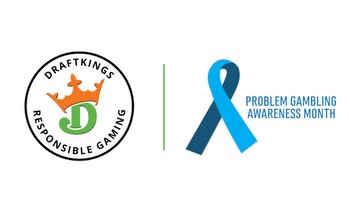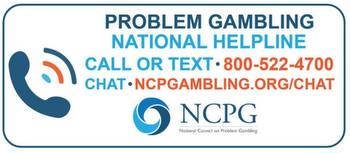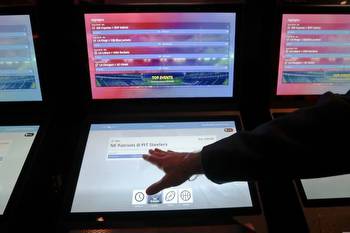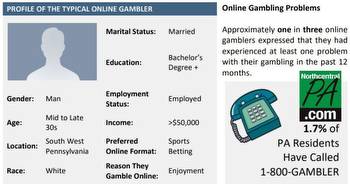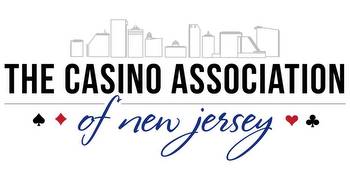Wolf Administration Kicks off Problem Gambling Awareness Month to Highlight Resources and Help
Harrisburg, PA - Today, Department of Drug and Alcohol Programs (DDAP) Secretary Jen Smith was joined by the Pennsylvania Lottery, the Pennsylvania Gaming Control Board (PGCB), the Council on Compulsive Gambling of Pennsylvania, problem gambling treatment provider Empowerment Resources Associates, and an individual in long-term recovery from problem gambling to kick off March as National Problem Gambling Awareness Month.
This year marks the 18th anniversary of National Problem Gambling Awareness Month. The National Council of Problem Gambling’s reoccurring theme, Awareness + Action, is designed to increase public awareness of the availability of treatment and recovery services and encourage health care providers to screen clients for problem gambling.
“I encourage all Pennsylvania residents to learn about the signs of problem gambling and help spread the message that treatment and resources are available, and recovery is possible,” said Secretary Smith. “By educating one another on these signs, you may be able to help a loved one or a friend get the help they need before their gambling turns into a more serious problem and negatively impacts their health or wellbeing.”
In conjunction with Penn State University, DDAP and PGCB recently released the first-of-its-kind report analyzing the impact of Interactive Gaming, also referred to as online gambling or iGaming in Pennsylvania. The findings of this report were generated from a survey of more than 1,100 individuals across Pennsylvania throughout 2020-21 and indicate:
- Approximately one in 10 Pennsylvanians engage in interactive gaming.
- The most popular interactive gaming is sports betting and nearly half of all who participate in interactive gaming are engaged in sports betting.
- Nearly half of all those who engage in interactive gaming exhibit at least one problem gambling behavior.
Gambling, even through legal avenues, becomes a problem when individuals begin to develop strained relationships with loved ones, borrow money to gamble, gamble to experience a high or feeling, and miss work, school, or other activities and obligations in order to gamble. These behaviors can have a serious impact on a person’s financial, physical, and mental health. Other symptoms of problem gambling include trying to hide or lying about gambling, using gambling as an escape to avoid dealing with other problems, and feeling like the habit is out of control but being unable to stop.
“The Pennsylvania Lottery works hard to ensure it has responsible gambling measures in place, such as offering PA Lottery online players the option to set limits, select a cool-off period, or self-exclude for one or five years,” said Pennsylvania Lottery Executive Director Drew Svitko. “Should a player express a gambling disorder concern, the Lottery is ready to work with its partners to connect the player with the resources available to help in the recovery process.”
Pennsylvania’s Self-Exclusion Program allows an individual to request to be excluded from legalized gaming activities and those within a casino and offsite venues. More information on the program and ways to identify problem gambling can be found through the PGCB’s website specific to its efforts in compulsive and problem gaming.
Individuals seeking compulsive or problem gambling treatment can call Pennsylvania’s helpline at 1-800-GAMBLER (1-800-426-2537). This helpline is available 24 hours a day, 365 days a year to connect callers with local resources in their community. A live chat option is also available online or via text message at 1-800-522-4700 for those seeking help who may not be comfortable speaking to a helpline operator.
MEDIA CONTACT: Stephany Dugan - ra-dapressoffice@pa.gov








